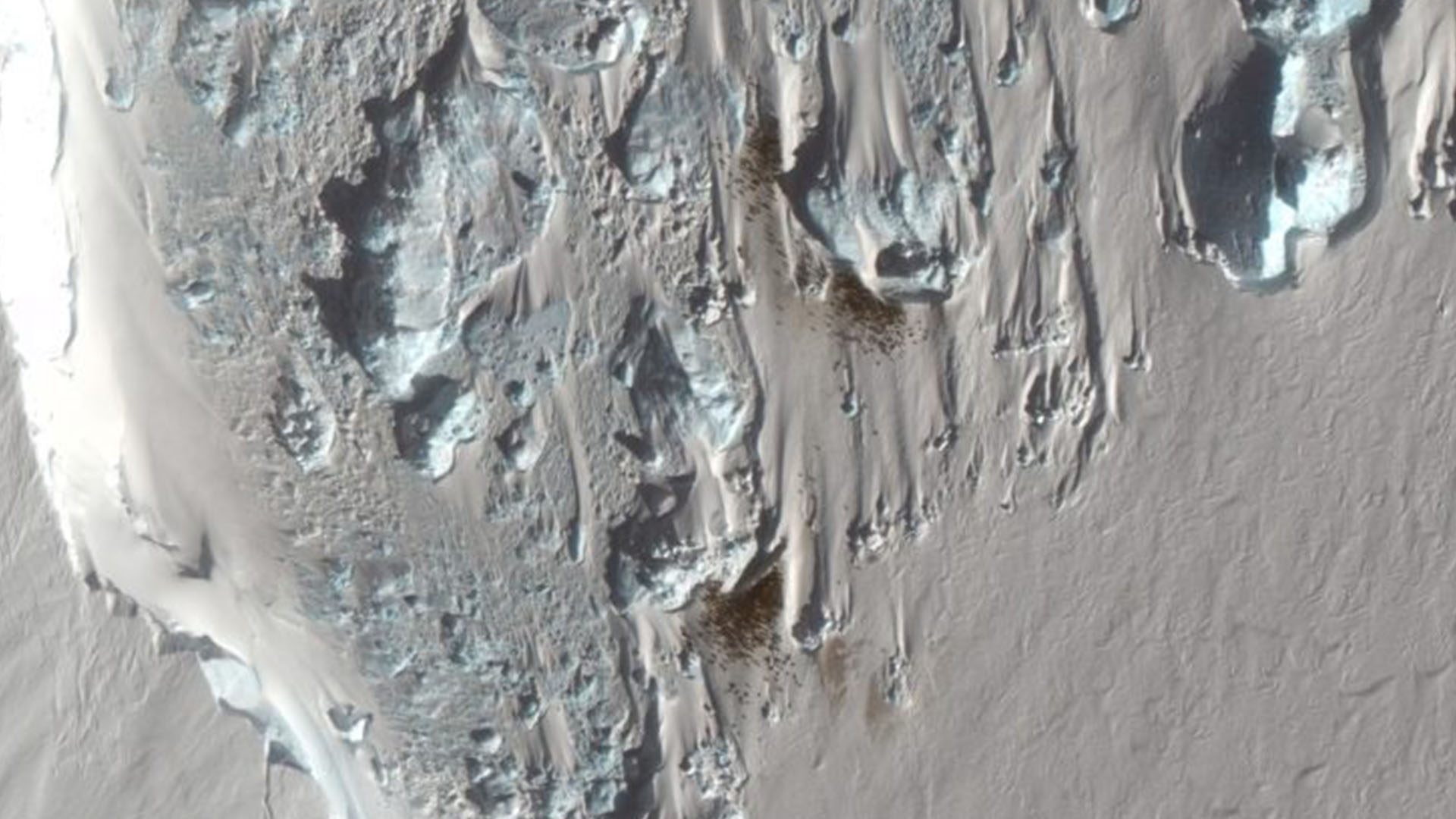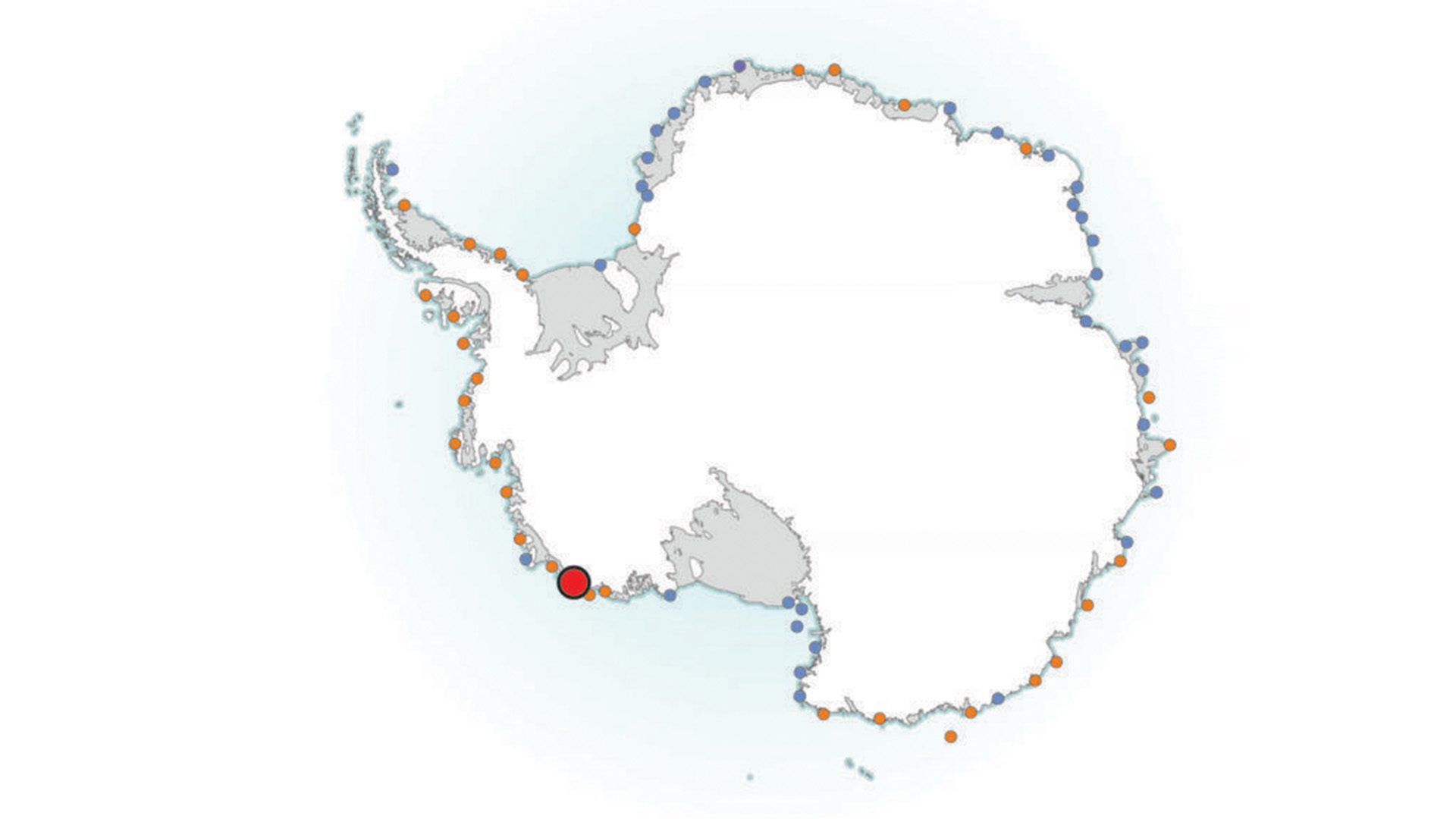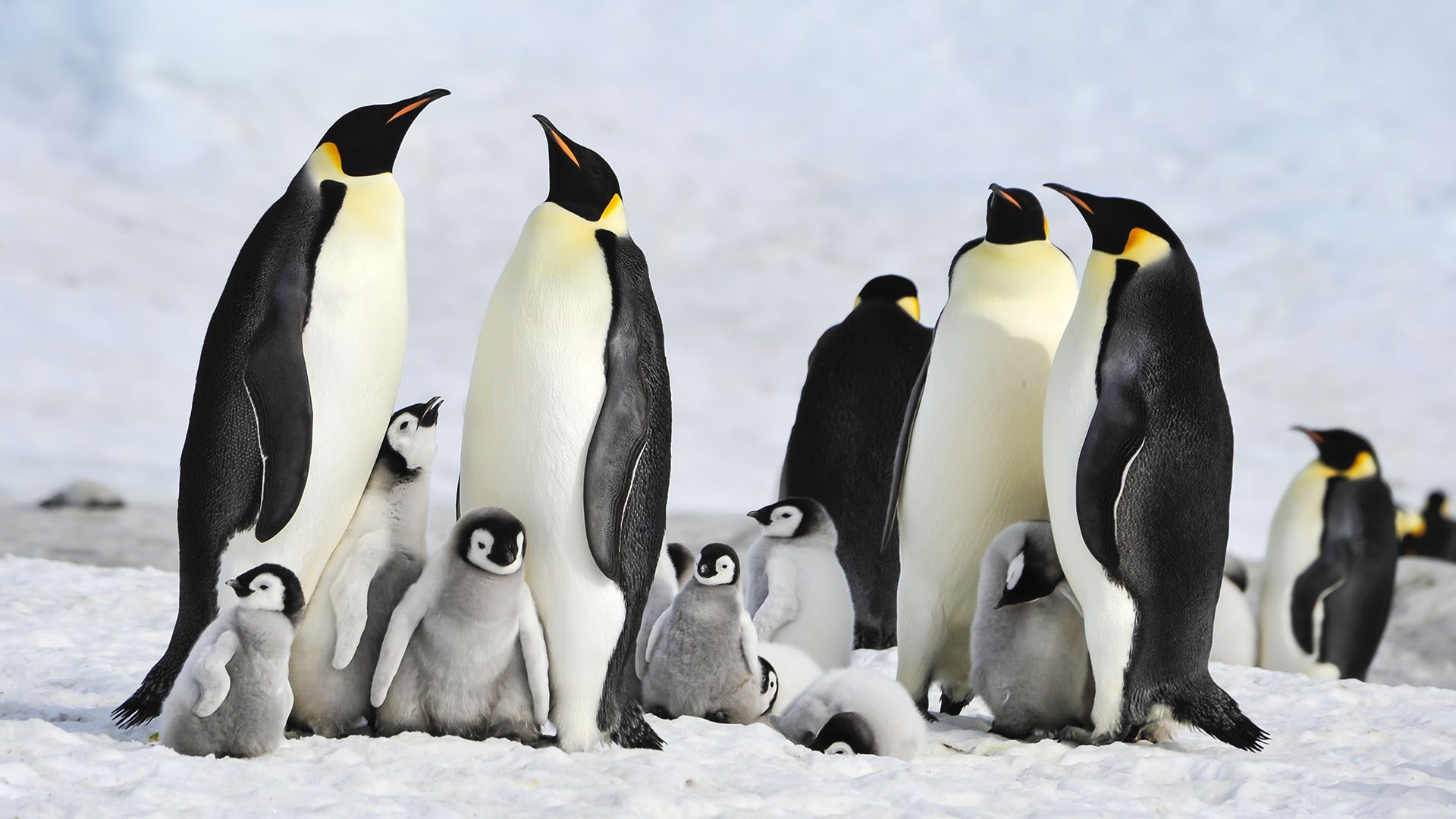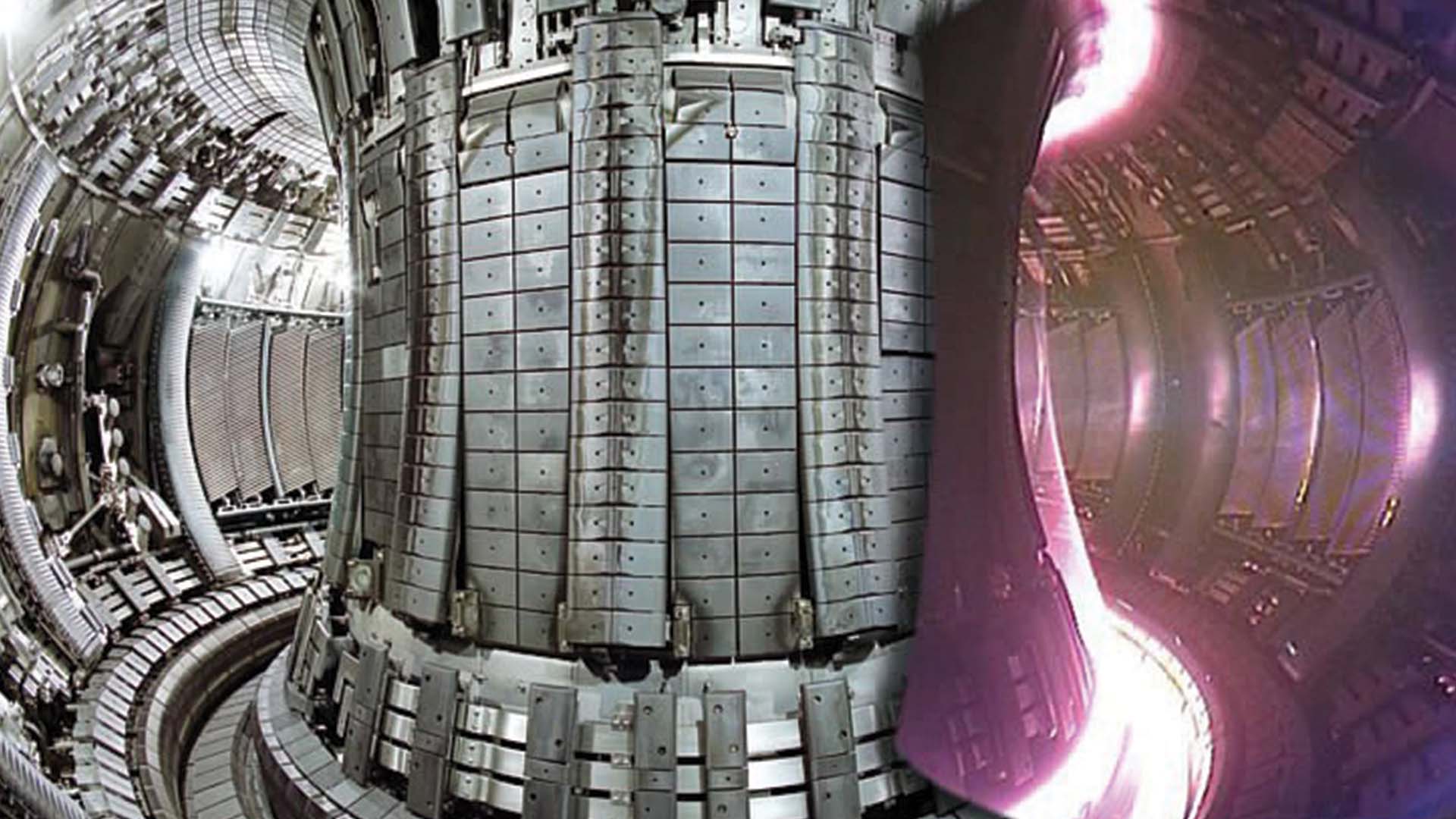A colony of approximately 500 penguins was discovered in a remote region of Antarctica. The group was spotted using satellite images of one of the most inaccessible and remote areas of Antarctica. According to the British Antarctic Survey, the newly discovered colony brings the total number of known emperor penguin breeding sites around the coastline of Antarctica up to 6, half of which were discovered using space satellites.

“This is an exciting discovery,” said Dr. Peter Fretwell, of the British Antarctic Survey, who led the research. “[But] like many of the recently discovered sites, this colony is small and in a region badly affected by recent sea ice loss.”
Emperor penguins are difficult to study because they are located in remote and inaccessible areas that can experience temperatures as low as -60C. The only penguins that breed on sea ice rather than land, the British Antarctic Survey (BAS) has spent the last 15 years searching for new colonies via satellite imagery by looking for the tell-tale brown guano stains (penguin poop) on the ice.

According to The Guardian, the recently discovered emperor penguin colony at Verleger Point in West Antarctica was found using images from the European Commission’s Copernicus Sentinel-2 satellite mission. The sighting was then confirmed on high-resolution images from the Maxar WorldView-3 satellite.
This discovery allows scientists to further work to protect this species as penguins can be particularly vulnerable to climate change. For example, to give the females time to grow more robust, penguins need the ice to last between April and September, “If the ice breaks up before that, the chicks fall into the water and drown or freeze,” said Fretwell.
Additionally, the size of the penguin colonies has a direct impact on their survival rate as the birds huddle together for protection against winter storms, particularly during a two-month period when the male penguins incubate the eggs before they hatch. Climate changes have caused some colonies to be lost, including one at Marguerite Bay which had been studied since the 1940s, and another at Halley Bay which had been stable for 50 years.

Previous research has predicted that 90% of known colonies will be lost by the end of the century if no further action is taken to cut greenhouse gas emissions. Discoveries like this allow their conservation work to continue but, according to Fretwell, there is a lot more to be done, “Most emperor penguins will never see a human in their lifetime, but what we’re doing on the other side of the world is slowly killing them… We can try and protect the foraging areas for penguins by banning fishing… But truthfully this is a global problem and it can’t be looked at on a local scale.”
For more of the latest news, check out how motion capture suits can assist disease research, America’s increase of chip production, and the AI-powered digital twin of Earth’s atmosphere.







